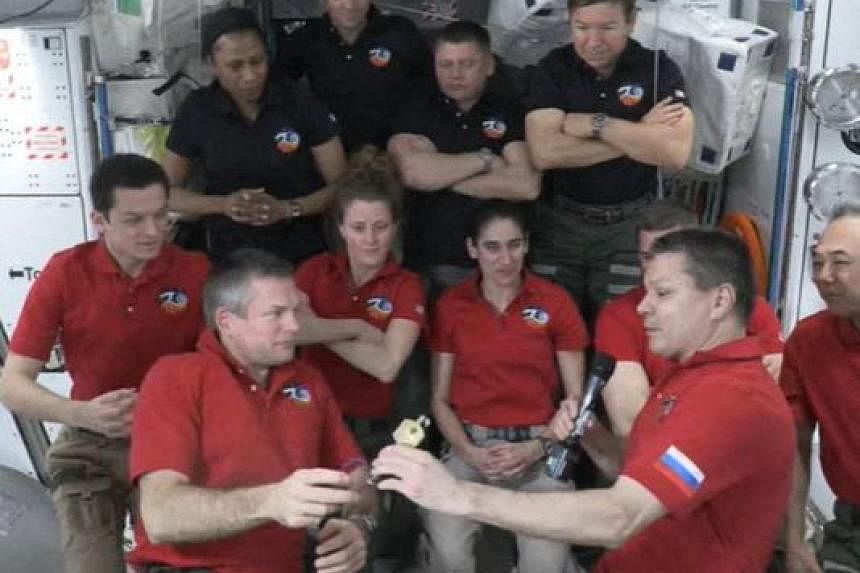WASHINGTON – Four astronauts left the International Space Station (ISS) on March 11 and were bound for Earth following a more than six-month mission.
Led by American astronaut Jasmin Moghbeli, Nasa’s Crew-7 arrived at the research platform in August 2023 aboard a SpaceX Crew Dragon.
The same spacecraft undocked on March 11 morning, with Mr Andreas Mogensen of Denmark, Dr Satoshi Furukawa of Japan, and Russian cosmonaut Konstantin Borisov also on board.
Ms Moghbeli, who was making her first space flight, paid tribute to the post-Cold War international partnership that paved the way for the construction of the ISS in the 1990s.
“It’s an indication of what we can do when we work together,” she said during a farewell ceremony on March 10.
“To think back to when this was just a dream itself, and the people that had the vision, the grit and the courage to pursue this orbiting laboratory in low Earth orbit, I’m really proud to be a part of this.”
Nasa and SpaceX are targeting 0935 GMT on March 12 for a splashdown off the Florida coast.
Space remains a rare area of cooperation between the United States and Russia despite the invasion of Ukraine and Russian President Vladimir Putin’s ambitions to reshape the global balance of power. Americans also continue to fly aboard Russian Soyuz rockets that launch from Kazakhstan.
The members of Crew-7 carried out science experiments, including collecting samples during a spacewalk, to determine whether the station releases micro-organisms through life support system vents. Another assessed how microgravity, which accelerates ageing, affects liver regeneration.
Crew-7 is the seventh routine National Aeronautics and Space Administration mission to the orbital platform for billionaire Elon Musk’s SpaceX, with the first in 2020. The latest, Crew-8, launched on March 4.
Nasa pays SpaceX for the taxi service as part of a US programme put in place to reduce dependency on Russian rockets following the retirement of the Space Shuttle in 2011.
Boeing is the other contracted private partner, but its programme has fallen behind, and it now plans to fly its first crew in May.
The first segment of the ISS was launched in 1998. It has been continuously inhabited by an international crew since 2001.
Its operations are set to continue until at least 2030, after which it will be decommissioned and will crash into the ocean. Several private companies are working on commercial space stations to replace it, while China has already established its own orbital lab. AFP

